Agshin Karimov: Israel’s unprecedented strike targeting senior Hamas
Israel’s unprecedented strike targeting senior Hamas political leadership in Doha, Qatar, coincides with its strategy near-complete military control over Gaza. This signals a broader strategic objective: to dismantle Hamas entirely and assert dominance over evolving dynamics in the Middle East.
A few insights:
1. The complete dismantling of Hamas would not only weaken Iran but also pose strategic challenges for Turkiye, which has aligned itself with Qatar in supporting the group. By targeting Hamas figures sheltered in Qatar, Israel is sending a direct warning to the Turkiye-Qatar-Hamas axis, framing any country harboring Hamas leaders as a legitimate military target.
This maneuver is part of a broader psychological warfare tactic and shows that positioning Israel as willing and capable of extending its operational reach well beyond Gaza. Simultaneously, Israeli intelligence operations appear to be baiting Turkiye into the conflict. There are indications that Israel may have plans to expose Turkish intelligence activity in Palestinian and İsrael territories, subsequently portraying Turkiye as a direct aggressor in the eyes of the international community.
2. Hamas is not the ultimate strategic end for Turkiye. Ankara’s deep-rooted statecraft and experience in regional maneuvering allow it to develop rapid and adaptive strategies. Turkiye’s support for Hamas should be viewed in the broader context of its regional realignment following its Syrian campaign, with a potential objective of expanding its influence through the Palestinian cause.
Meanwhile, Iran is emerging as the weaker link in the axis of resistance, especially as the Lebanese government moves toward disarming Hezbollah.
This shift weakens Iran’s leverage, creating a vacuum that Turkiye is poised to fill. As Iran retreats from direct regional engagement, Turkiye is gradually consolidating its geopolitical footprint.
Increasing coordination between Turkiye and the United States further complicates Israel’s calculations. While strategic priorities diverge between Washington and Ankara, growing cooperation—particularly on the Kurdish question—could reshape power dynamics. If the U.S. reconsiders its support for Kurdish armed factions in Syria and Iraq, this could spell the end for PKK-linked groups in the region, marking a major strategic victory for Turkiye.
In such a scenario, Turkiye might extend its influence into the Palestinian arena as a natural continuation of its military and political victories in Syria and Iraq. Turkiye’s mechanisms of support for Hamas, therefore, are tied deeply to this broader regional equation.
3. A permanent and genuine ceasefire between Hamas and Israel appears highly unlikely, given the ideological radicalism entrenched on both sides.
This ideological impasse continuously fuels military escalation. Israel, recognizing the futility of short-term truces, has clearly shifted toward a strategy of total dissolved of Hamas.
However, beyond geopolitical considerations, significant military challenges remain. Despite enduring months of intense military pressure, Hamas retains operational capacity and the ability to reorganize militarily, indicating access to logistical and tactical resources.
Nevertheless, Hamas remains the weaker actor in the face of Israel’s overwhelming military superiority. Should logistical and financial support networks for Hamas collapse, the group would face a critical degradation of its operational agenda and organizational sustainability.
Agshin Karimov
Share this content:

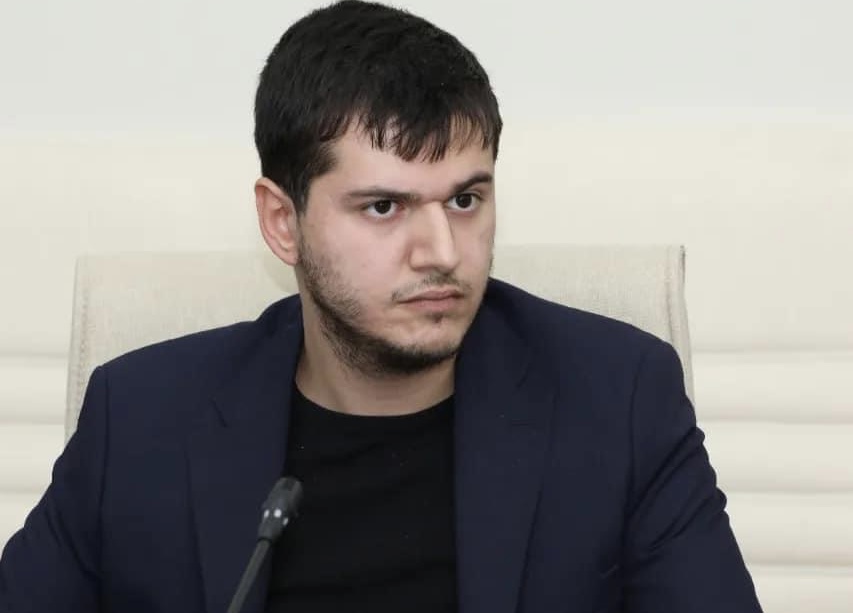
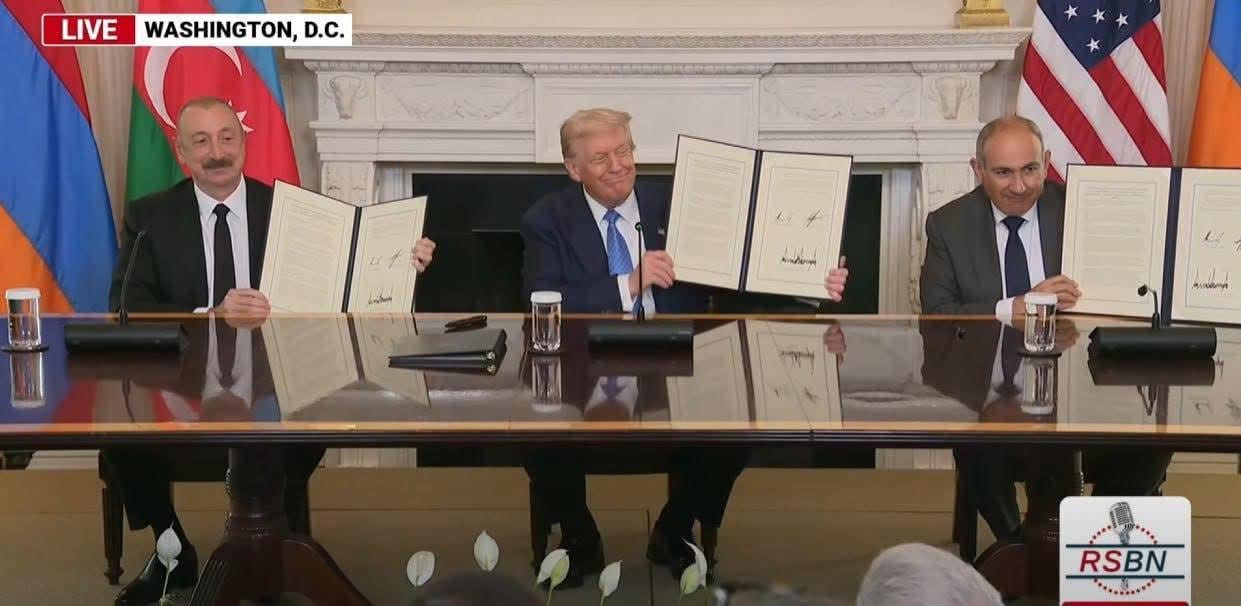

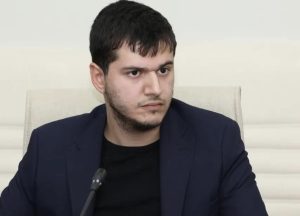
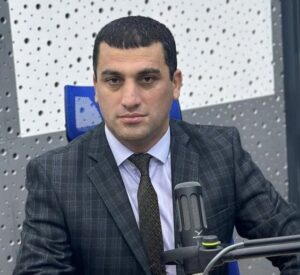


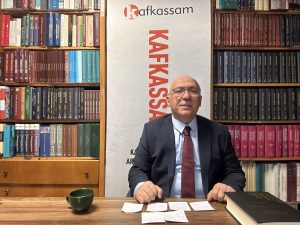
Yorum gönder